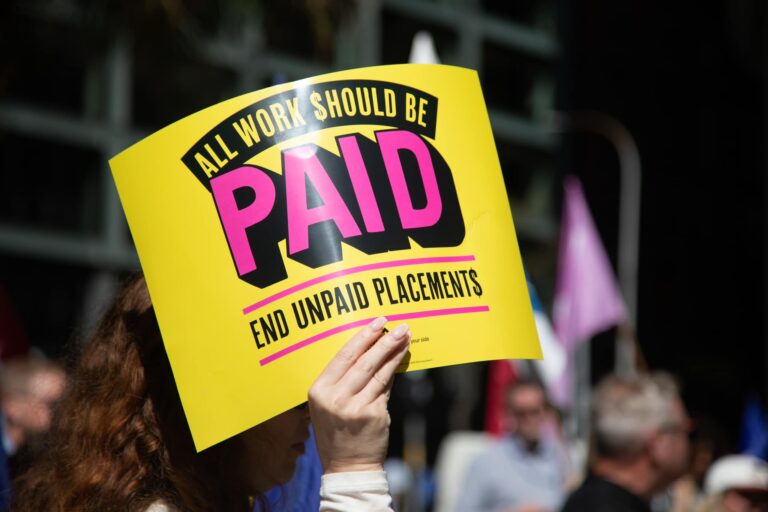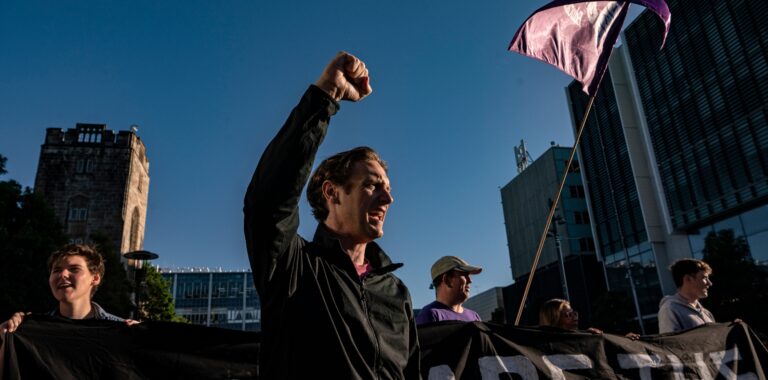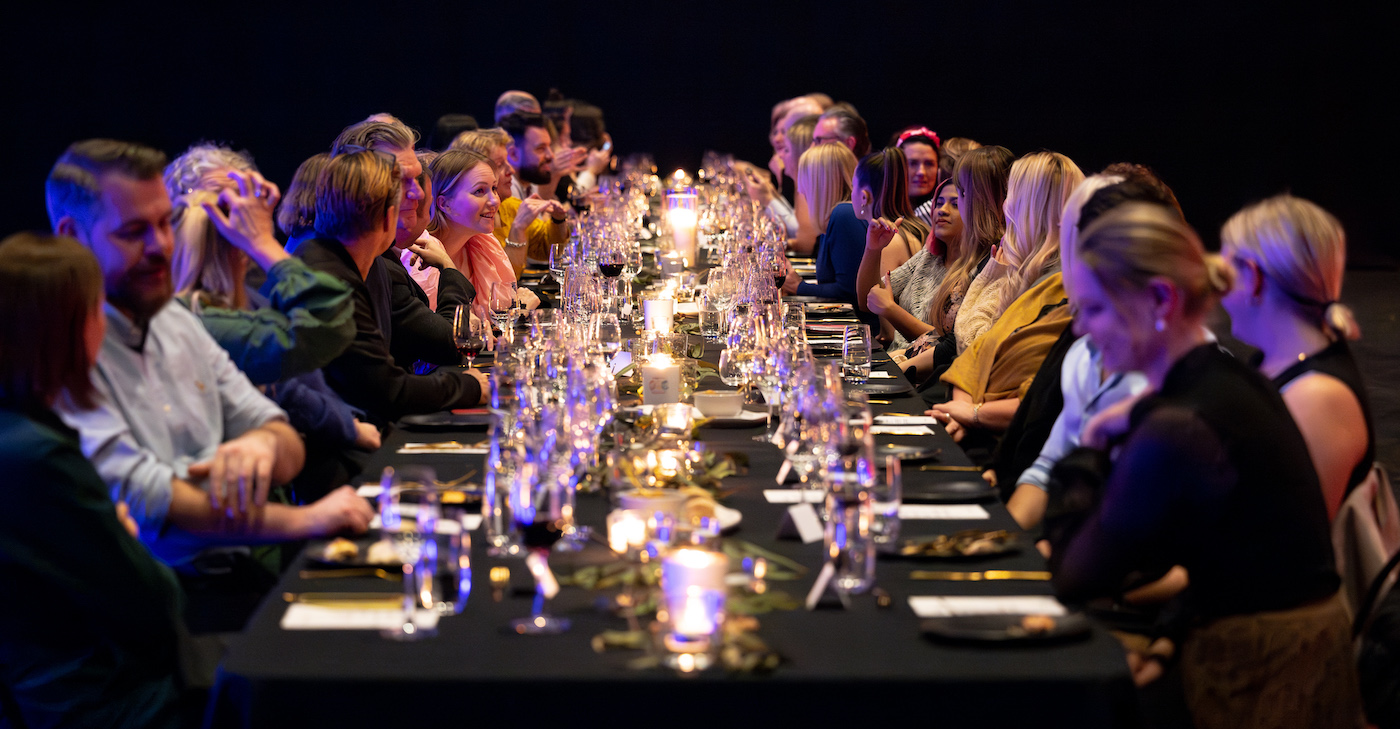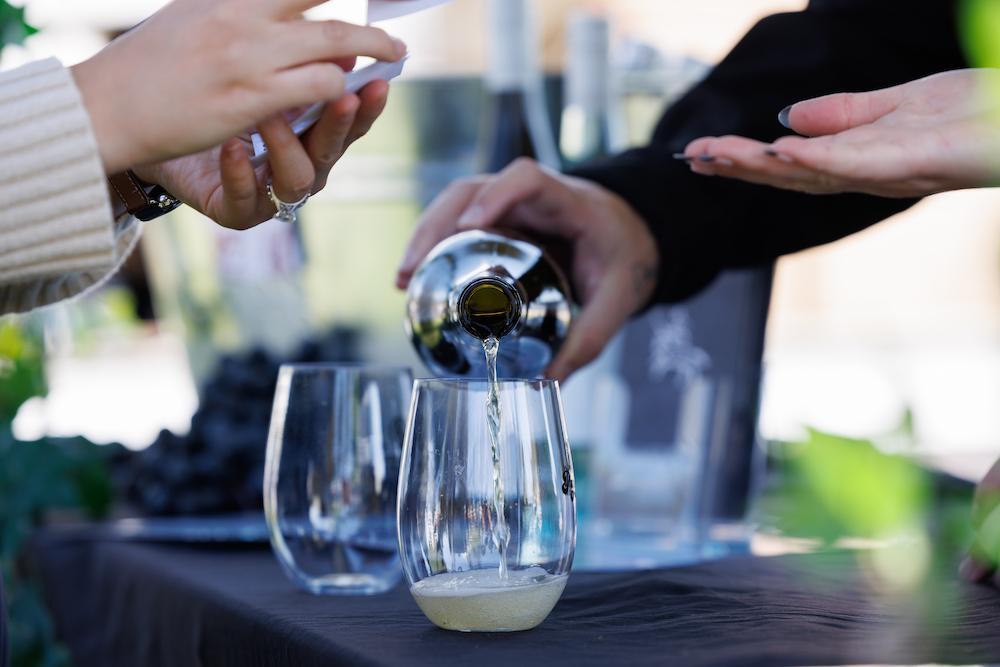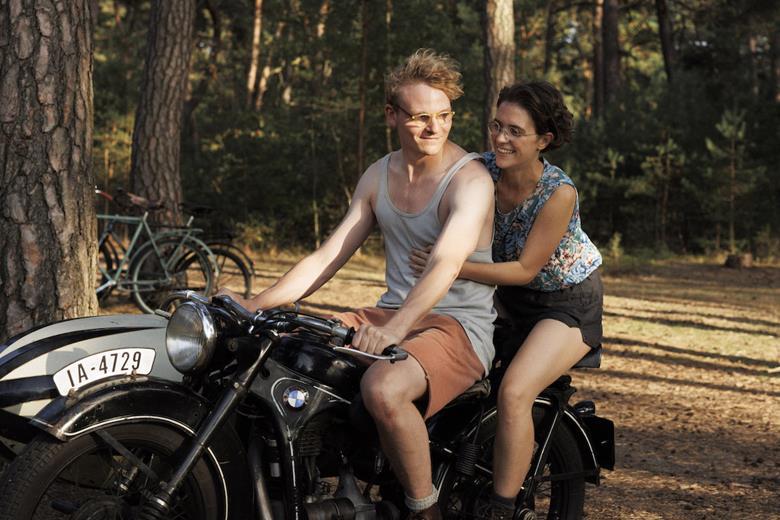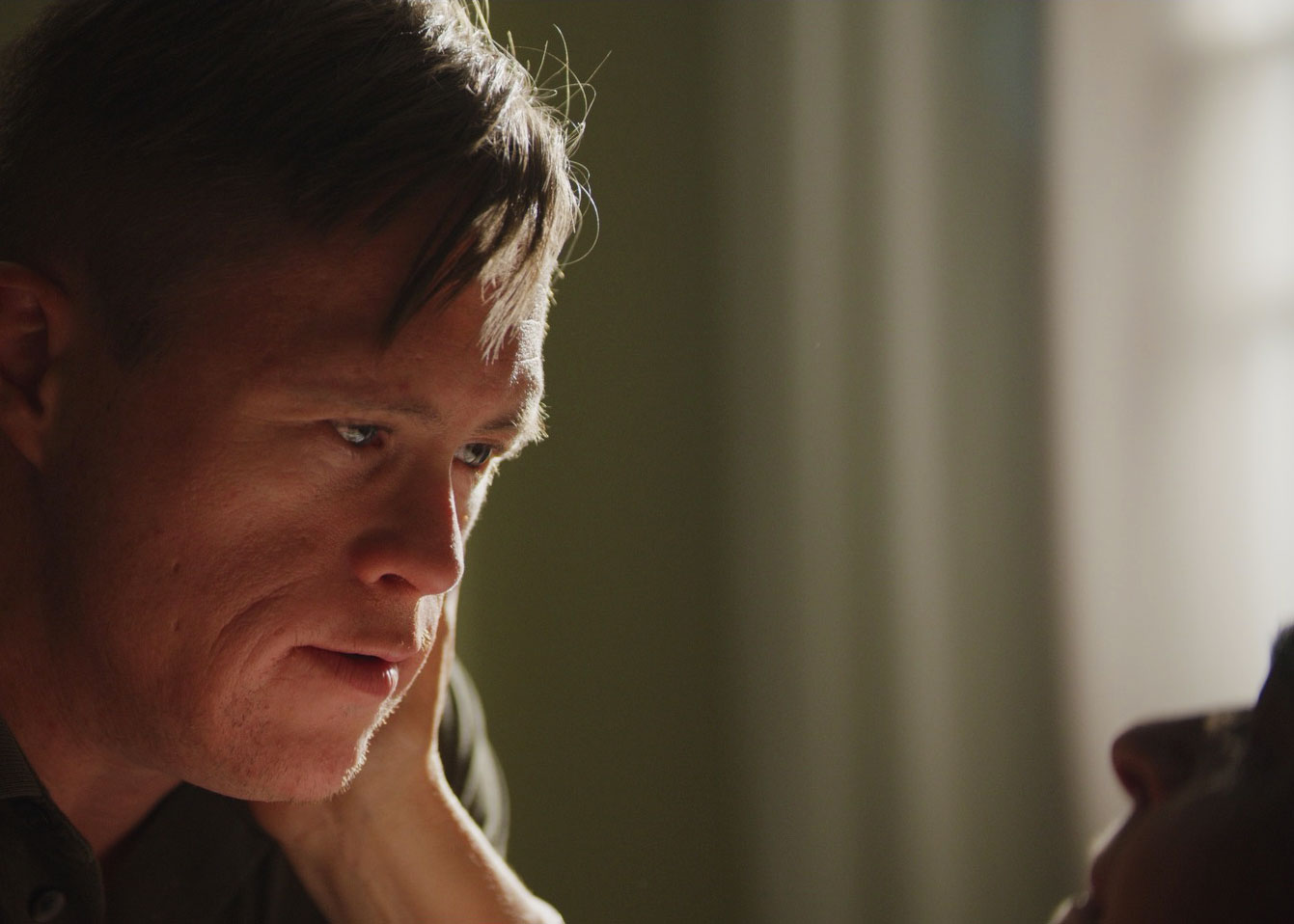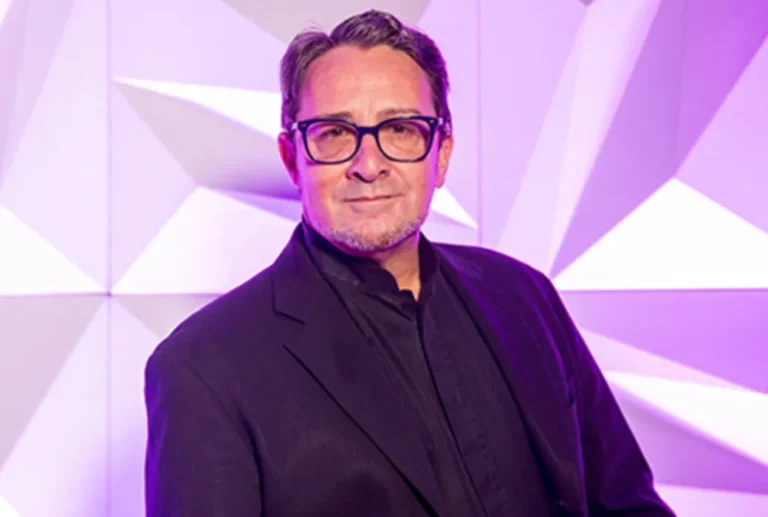
WOMADELAIDE

With more cultural events to rival any of the big cities, the Adelaide Writers Festival, the Adelaide Fringe, and the mother of all festivals, WOMADelaide, are all scheduled within days of each another.
An array of international stars will be brought together in the Botanic Park outdoor setting, for the four-day event.
Nigerian singer-saxophonist Femi Kuti and The Positive Force, American hip hop outfit Arrested Development, the legendary Billy Bragg, and folk sensation Neko Case, are all headlining the bill.
WOMADelaide director Ian Scobie says it is an atmosphere visitors will not get anywhere else in Australia, with a unique and friendly vibe. He says when entering the park, beautiful, old Morton Bay Figs hang overhead.
“We want people to feel transported…on a collective journey,” says Scobie.
A longstanding policy of free entry for children under 12 has given the festival a generational appeal with toddlers through to grandparents turning out year after year.
The initial idea of WOMAD came from an idea Peter Gabriel had at a concert involving an African group, and the first festival was held during 1982 in Shepton Mallet, in the UK.
The term ‘World Music’ was coined afterwards.
“The world and music has changed since then. At the time the music scene was run by the top 20 or 40 contemporary artists,” says Scobie.
“And you had to be on that list to get airplay. It was about getting people to listen differently,” he says.
Music has changed a lot since then, particularly the way people buy and consume music, reflected in a broadening of tastes.
The first WOMADelaide Festival was held in 1992, the same year as the first Big Day Out and was initially as an offshoot of the Adelaide Festival of the Arts.
“Rob Brookman had the idea that music should be taken outside the formality of the concert hall,” says Scobie.
Blowing the trumpet for WOMADelaide Scobie says, “This was in a time when outdoor festivals were new”.
With many of the acts not accepted in their home countries, Scobie promise the audience are in for something special this year.
On the bill is, Emel Mathlouti, a protest singer from Tunisia. One of her songs became the anthem of the Arab spring. Mathlouti’s music is now banned from radio and TV in her homeland.
Femi Kuti is the eldest son of Fela Kuti, who is responsible for bringing African music to a global audience throughout the ‘60s, ‘70s and ‘80s. Femi Kuti continues much of his father’s legacy from an expatriate platform as he tours widely with a second home in London.
“Femi Kuti’s music is very much politically involved, just like his father. The Afrobeat sound has led to much agitation for social and political change,” says Scobie.
Fela Kuti’s cousin is Wole Soyinka, a Nobel Prize winner in literature, for his book on African liberation. The family were acknowledged critics of the corruption and cronyism among the oil industry sharks and brutal military elites in the post-colonial Nigerian regimes.
Closer to home, with both major political parties adopting ‘Stop the Boats’ policies, what is the role of a festival like WOMADelaide?
“I do tend to think that through the arts we are able to communicate and understand the universality of the human condition,” says Scobie. “It provides a forum where disparate parties are able to engage.”
But just what is it about the ‘City of Churches’, tagged as a ‘backwater’ by some, that attracts some of the worlds best?
Most festivals come out of small city locations such as Edinburgh, home to the leading arts festival that has served as a model for WOMADelaide, Scobie says.
“[These festivals] develop over time, a connection between people, a sense of pride and the community really gives itself over,” says Scobie.
So now that we’ve got the low down on all things WOMADelaide here are the best alternative picks to see this year.
Antonio Serrano: Described as the greatest harmonica player of his generation to come out of Spain.
Asif Ali Khan: His teacher was the late Nusrat Fateh Ali Khan, the first to take Qawwali music outside of Pakistan.
Arrested Development: Forget the Black Eyed Peas, it is these guys who were the original pioneers of socially conscious hip-hop.
Carminho: Singer of Fado from Portugal, known for her beautiful, translucent voice.
Muro: Hip-hop rapper, one of the first to come out of Japan.
Tinpan Orange: Up-and-comers on the Australian scene. (VP)
Mar 7-10, Botanic Park, Adelaide, womadelaide.com.au
BY VANESSA POWELL


